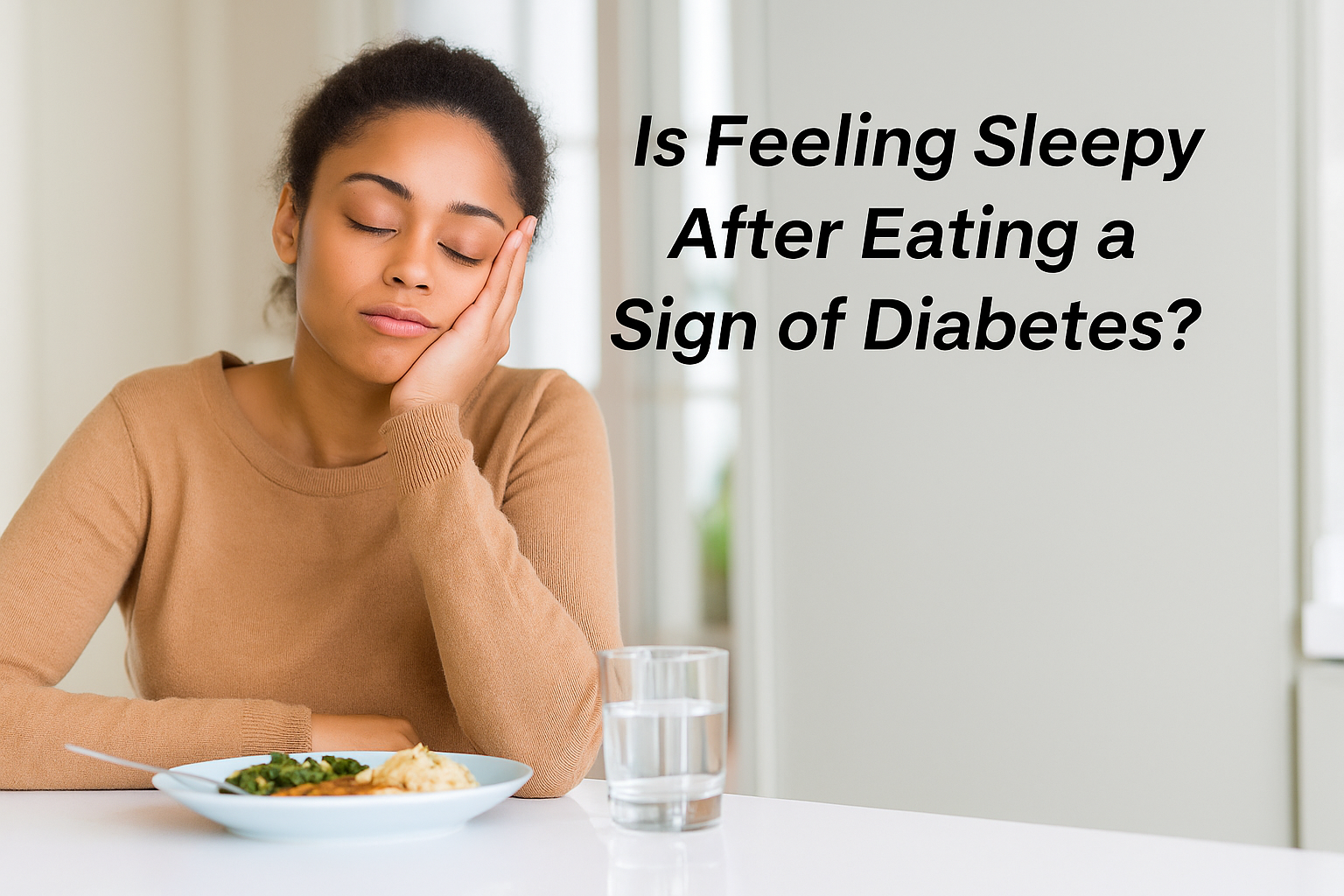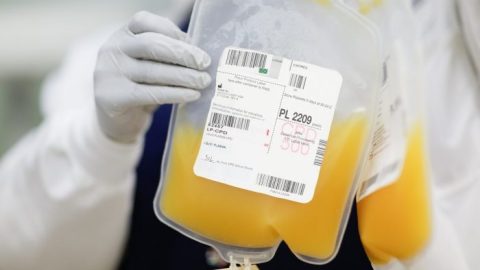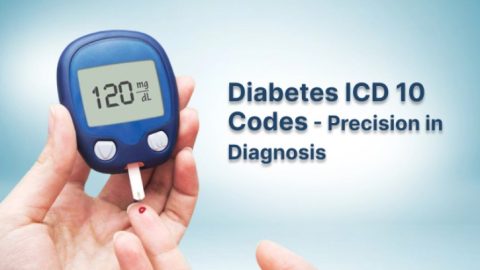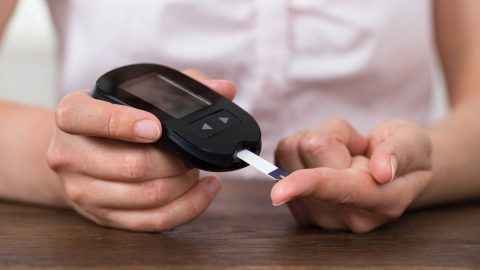Feeling sleepy after a meal is something almost everyone experiences at some point. You enjoy a delicious lunch or dinner, and soon after, your eyelids start to feel heavy. While this is often just your body’s natural response to digestion, many people wonder if it might signal something more serious—like diabetes.
This question isn’t just about curiosity; it’s about understanding your health. Diabetes, especially type 2 diabetes, affects how your body processes sugar, and fatigue is one of its common symptoms. But does feeling drowsy after eating really mean you might have diabetes?
In this article, we’ll explore the real reasons behind post-meal sleepiness, how it connects to blood sugar regulation, when it may indicate diabetes, and what you can do to manage or prevent it. Let’s break down the science and separate the facts from myths.
Why Do You Feel Sleepy After Eating?
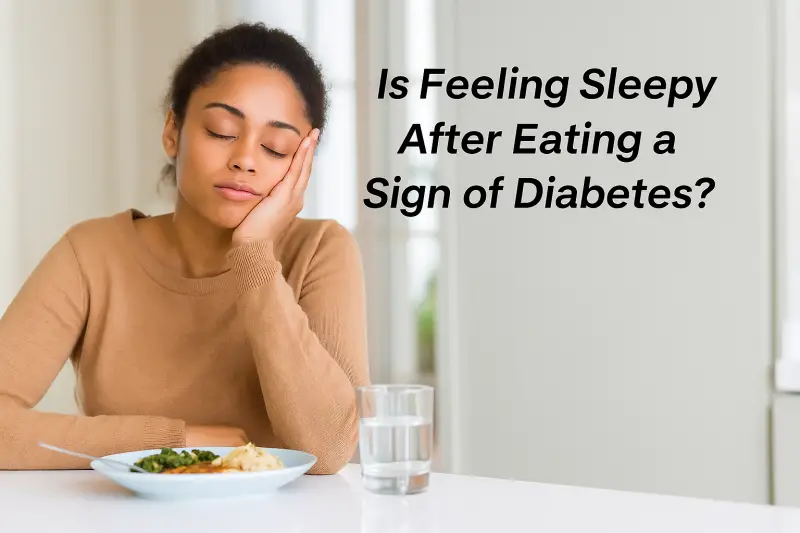
Post-meal drowsiness, also called postprandial somnolence, is a normal physiological response. When you eat, your body directs energy and blood flow toward digestion, which can trigger feelings of fatigue.
1. The Digestive Process and Energy Shift
After eating, your body focuses on breaking down food and absorbing nutrients. Blood is redirected to your digestive system, which can momentarily reduce circulation to the brain. This shift often makes you feel sluggish or ready for a nap.
2. Hormonal Changes and Insulin Response
Your body releases insulin after eating to help move glucose from the bloodstream into your cells for energy. This insulin surge also increases levels of tryptophan and serotonin in the brain—chemicals linked with relaxation and sleepiness. That’s why you often feel drowsy after a large meal rich in carbohydrates.
3. Food Composition Matters
Meals high in carbohydrates and fats—like pasta, white rice, or desserts—cause a rapid rise and subsequent drop in blood sugar. That “crash” can make you feel tired. In contrast, meals balanced with protein, fiber, and complex carbs tend to provide steady energy and prevent drowsiness.
Is Feeling Sleepy After Eating a Sign of Diabetes?
Feeling sleepy after meals alone doesn’t necessarily mean you have diabetes, but it can be a warning sign when combined with other symptoms. The key difference lies in how your body handles blood sugar.
1. Blood Sugar Spikes and Crashes
In people with normal metabolism, blood sugar levels rise moderately after eating and then gradually decrease as insulin does its job. In those with insulin resistance or diabetes, this process doesn’t work efficiently.
Blood sugar may rise excessively and stay high longer, leading to hyperglycemia. As the body struggles to balance these fluctuations, fatigue and sleepiness become common.
2. Insulin Resistance and Energy Imbalance
Insulin resistance means your cells don’t respond properly to insulin, so glucose can’t enter efficiently. As a result, your body’s cells are deprived of energy even though your blood sugar levels are high. This energy mismatch leaves you feeling tired or sleepy after meals.
3. When to Be Concerned
You should consider speaking with a healthcare professional if post-meal sleepiness is frequent and accompanied by symptoms such as:
- Increased thirst and urination
- Blurred vision
- Unexplained weight loss or gain
- Constant fatigue, even after sleeping well
- Frequent hunger
These could be early indicators of prediabetes or type 2 diabetes.
Understanding the Connection Between Blood Sugar and Fatigue
1. Blood Sugar Peaks After Meals
After eating, glucose from carbohydrates enters your bloodstream. If your body releases too much or too little insulin, you may experience an energy drop. Over time, these repeated fluctuations can affect your metabolism and increase diabetes risk.
2. Hypoglycemia After Meals
Some people experience reactive hypoglycemia, a sharp drop in blood sugar that occurs a few hours after eating. This condition may cause:
- Shakiness
- Sweating
- Drowsiness
- Irritability
Reactive hypoglycemia can occur in people without diabetes but is more common in those who are insulin resistant.
3. The Fatigue Cycle in Diabetes
For individuals with diabetes, fatigue after meals becomes part of a larger cycle. High blood sugar levels cause dehydration, electrolyte imbalance, and inflammation—all of which contribute to exhaustion. When blood sugar eventually drops, the sudden energy loss can make sleepiness even worse.
Foods That Trigger Post-Meal Sleepiness
The type of food you eat has a major influence on your alertness after eating.
1. High-Carb Foods
White bread, pasta, rice, and sugary desserts cause rapid blood sugar spikes followed by crashes, leaving you drained.
2. High-Fat Meals
Heavy, greasy foods like fried items or fast food slow down digestion, diverting more energy toward the digestive tract and making you sleepy.
3. Meals Rich in Tryptophan
Foods like turkey, eggs, cheese, and soy contain tryptophan, an amino acid that promotes serotonin production and sleepiness.
4. Alcoholic Beverages
Drinking alcohol, especially with a meal, can magnify drowsiness by affecting blood sugar regulation and slowing metabolism.
Other Health Conditions That May Cause Sleepiness After Eating
Sleepiness after meals doesn’t always point to diabetes. Other medical or lifestyle factors might be responsible.
1. Sleep Apnea
This condition causes interrupted sleep, leading to daytime fatigue. People with untreated sleep apnea often feel especially tired after eating.
2. Thyroid Disorders
Hypothyroidism can cause low energy and sluggishness throughout the day, including after meals.
3. Poor Sleep or Stress
Lack of rest and chronic stress both impact blood sugar stability and increase fatigue levels.
4. Overeating or Large Portions
Consuming excessive food forces your body to work harder to digest it, diverting energy away from other processes.
How to Tell If Your Post-Meal Sleepiness Might Be Diabetes-Related
Here’s how you can assess whether your drowsiness may be linked to blood sugar issues.
1. Monitor Your Symptoms
Keep track of how often you feel tired after eating and whether it’s tied to certain foods or portion sizes.
2. Watch for Other Diabetes Signs
If you notice constant thirst, frequent urination, blurry vision, or weight fluctuations, get tested for blood glucose levels.
3. Check Your Blood Sugar
Using a home glucose monitor after meals can reveal patterns. A consistent post-meal reading above 140 mg/dL may indicate prediabetes or diabetes risk.
How to Prevent Feeling Sleepy After Eating
1. Choose Balanced Meals
Combine lean proteins, healthy fats, and complex carbohydrates. This helps stabilize your blood sugar and maintain steady energy.
2. Eat Smaller Portions
Large meals overload your digestive system. Eating smaller, more frequent meals keeps blood sugar levels stable.
3. Stay Hydrated
Dehydration can amplify fatigue. Drink water throughout the day, especially before and after meals.
4. Avoid Sugary Beverages
Soda, sweet tea, and energy drinks cause glucose spikes that lead to energy crashes soon after.
5. Get Moving After Meals
A light walk after eating improves digestion and helps your body use glucose efficiently.
6. Manage Stress and Sleep
High stress raises cortisol levels, which can impact blood sugar. Prioritize quality sleep and relaxation techniques.
When to See a Doctor
You should consult your doctor if:
- Post-meal fatigue occurs daily or worsens over time
- You experience additional diabetes-like symptoms
- Your blood sugar readings remain high after eating
- You have risk factors like obesity, family history, or sedentary lifestyle
Your healthcare provider may recommend blood tests, including:
- Fasting blood glucose
- A1C test (for long-term glucose control)
- Oral glucose tolerance test (OGTT)
These results can confirm whether diabetes or insulin resistance is causing your symptoms.
Lifestyle Changes to Reduce Sleepiness After Eating
1. Focus on Fiber
Foods high in fiber, like vegetables, oats, and legumes, slow glucose absorption and prevent sharp spikes in blood sugar.
2. Prioritize Protein
Protein-rich foods like chicken, eggs, fish, and tofu keep you full longer and promote sustained energy.
3. Limit Processed Foods
Refined carbs and sugars cause rapid insulin fluctuations that lead to drowsiness.
4. Exercise Regularly
Even 30 minutes of moderate activity per day improves insulin sensitivity and helps maintain balanced energy levels.
5. Maintain a Consistent Eating Schedule
Avoid skipping meals or eating too close to bedtime. Regular eating patterns support steady metabolism.
The Role of Insulin and Energy Regulation
Insulin is a key hormone in understanding why food affects your energy. It works like a “gatekeeper,” helping glucose enter cells to be used for energy. When your body becomes resistant to insulin, the process falters—leading to both high blood sugar and persistent fatigue.
In diabetes, insulin either isn’t produced effectively (type 1) or isn’t used properly (type 2). Both situations lead to inefficient energy use and the classic “food coma” feeling that doesn’t go away easily.
Tips for Staying Alert After Eating
- Don’t skip breakfast—start your metabolism early.
- Eat slowly and chew thoroughly to avoid overeating.
- Include greens or salads with every meal.
- Stand or take a short walk after lunch.
- Avoid caffeine late in the day to prevent sleep disruption.
FAQs About Feeling Sleepy After Eating and Diabetes
Is feeling sleepy after eating always related to diabetes?
No. While it can be a symptom, most cases are due to digestion and hormone shifts. Persistent fatigue should be evaluated by a doctor.
What foods make you sleepy after eating?
Heavy, high-carb, and fatty meals, as well as those rich in tryptophan, often lead to post-meal drowsiness.
Can I prevent feeling sleepy after lunch?
Yes. Eat smaller portions, balance carbs with protein and fiber, and walk for 10–15 minutes afterward.
Does diabetes make you tired all the time?
Yes. Chronic high blood sugar affects energy production and circulation, causing ongoing fatigue.
How do I know if I have diabetes?
Only a blood test can confirm diabetes. Symptoms like thirst, frequent urination, and unexplained tiredness may suggest it.
Conclusion
Feeling sleepy after eating isn’t always a red flag—but it shouldn’t be ignored either. While digestion naturally induces drowsiness, constant or extreme fatigue after meals can indicate imbalanced blood sugar or even diabetes.
By understanding your body’s response to food, making balanced meal choices, and staying active, you can manage post-meal sleepiness and support better overall health. If the fatigue persists, speak with a healthcare professional to rule out diabetes or other underlying conditions early.
Disclaimer: This article is for informational purposes only and is not intended to diagnose, treat, or replace professional medical advice. Always consult your doctor or a qualified healthcare provider before making any changes to your diet, medication, or lifestyle based on the information provided here.
